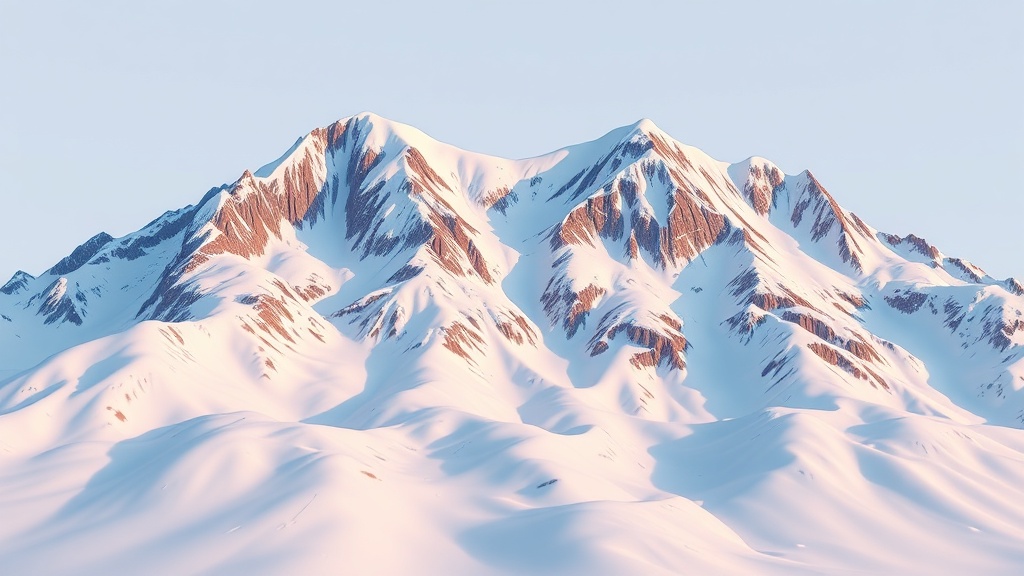Home / Environment / Wrangell-St. Elias: Uncovering Alaska's Untamed Wilderness Gem
Wrangell-St. Elias: Uncovering Alaska's Untamed Wilderness Gem
6 Oct
Summary
- Wrangell-St. Elias National Park covers over 13 million acres in Alaska
- Park features stunning Alpine scenery, thousands of glaciers, and rich wildlife
- Despite its beauty, the park's remote location limits annual visitors to just 80,000

As of October 6th, 2025, Wrangell-St. Elias National Park, located in the southern part of Alaska, remains one of the country's best-kept secrets. Spanning over 13 million acres, this national park is the largest in the United States, featuring a stunning landscape of snow-capped mountains, thousands of glaciers, and vast wilderness.
Despite its natural beauty and rich history, the park's remote location has limited its annual visitation to around 80,000 people. The park's four major mountain ranges, including the Wrangell, St. Elias, and Chugach, are home to nine of the 16 tallest peaks in the United States. The park's landscape was carved by powerful geological forces, with the Malaspina glacier, larger than the state of Rhode Island, flowing out of the St. Elias Range.
In addition to its breathtaking scenery, Wrangell-St. Elias is also a haven for diverse wildlife. The park is home to three species of North American bears, as well as a variety of other mammals, birds, and marine life. Visitors are encouraged to view the wildlife from a distance, using binoculars to catch a glimpse of the park's natural inhabitants.
While the park's remoteness has helped preserve its untamed beauty, it also poses challenges. Glaciologists warn that climate change is threatening the park's future, with the tidewater glaciers rapidly retreating. Additionally, budget cuts have put a strain on the park's management, making it difficult to maintain the necessary staff and resources to protect this natural wonder.




